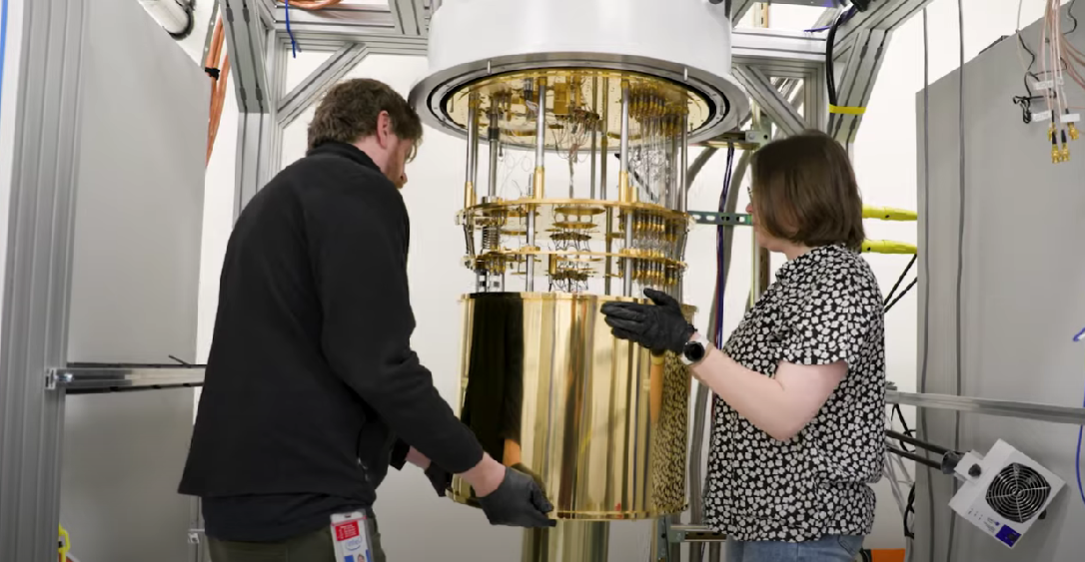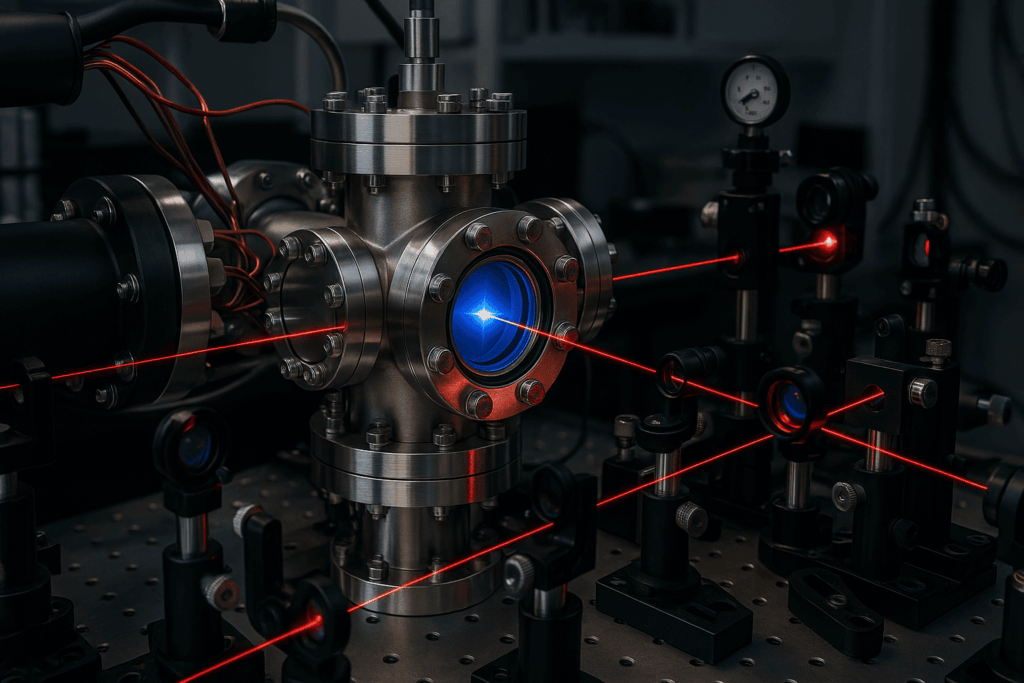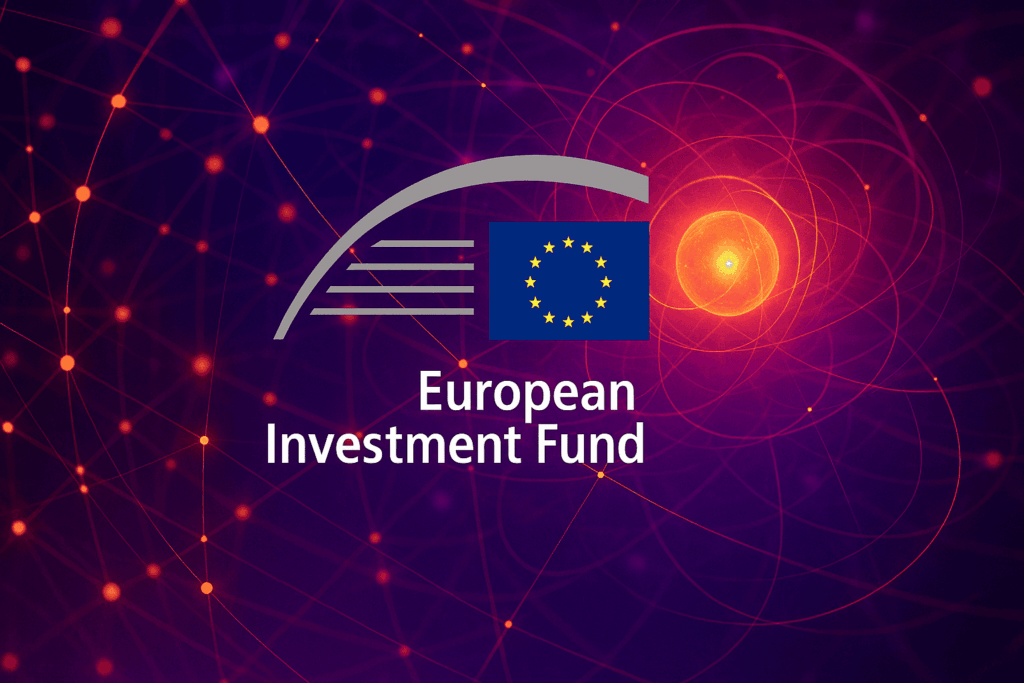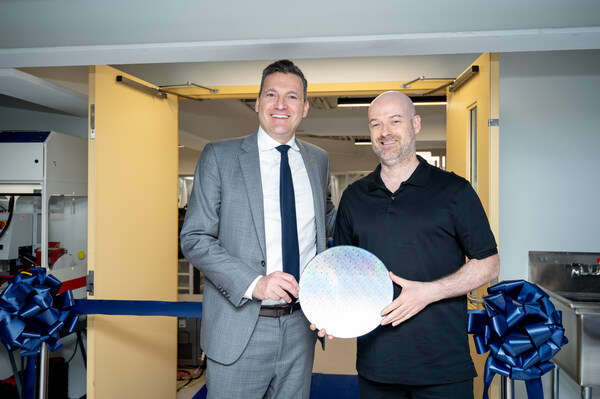In a film released by Intel Newsroom on Youtube, researchers from Intel’s Hillsboro, Oregon, facility describe quantum computing and introduce Tunnel Falls, the company’s most advanced silicon spin qubit chip. Covered by The Quantum Insider in a news release last week, the 300-millimetre wafer, twelve-qubit device leverages Intel’s most advanced transistor industrial fabrication capabilities, such as extreme ultraviolet lithography (EUV) and gate and contact processing.
In the press release, Jim Clarke, director of Quantum Hardware, Intel, said: “Tunnel Falls is Intel’s most advanced silicon spin qubit chip to date and draws upon the company’s decades of transistor design and manufacturing expertise. The release of the new chip is the next step in Intel’s long-term strategy to build a full-stack commercial quantum computing system. While there are still fundamental questions and challenges that must be solved along the path to a fault-tolerant quantum computer, the academic community can now explore this technology and accelerate research development.”
The short film included several Intel researchers discussing the details of Tunnel Falls.
Here’s what they said:

Stephanie Bojarski, Quantum Integration and Mask Design Group Leader, Quantum Computing Group, Intel Corporation:
“One of the barriers to getting into quantum research is having the facilities to actually fabricate working qubit chips. Tunnel Falls leverages Intel’s manufacturing infrastructure, so we’re able to fabricate many working, very reliable, high-performing qubit chips. And we’re going ship these off to university groups across the country, removing that overhead for fabrication, allowing them to really focus on advancing the research and field of quantum computing.”
Nathan Bishop, Technical Program Manager, Quantum Computing Group, Intel Corporation:
“This campus is one of the few places where you can do the kind of quantum computing research in a high-volume manufacturing environment in the world. Intel produces 300-millimetre wafers full of qubits, and we only test a few of them because we test what we need to go fast. The Laboratory for Physical Sciences has built a research community focused on the hardest problems in qubit physics and we can work together with them, get them working on our Tunnel Falls hardware and move faster together.
Building a semiconductor qubit research group is a huge investment. There are a lot of people with good ideas that don’t want to use a quantum computer in the cloud, but they also don’t want to set up all the infrastructure necessary to fabricate them. We can get our Tunnel Falls devices into the hands of that research group, broaden the community and bring more people into the quantum computing workforce.”
Joelle Corrigan, Measurement Engineer, Quantum Computing Group, Intel Corporation:
“I’m excited about Tunnel Falls because it’s really that pivotal point of the number of qubits in a device, where you have to start thinking about automation. You can’t brute force the tune up and you have to really get the infrastructure in place that we might need for larger and larger systems.
All of us are here because we think this about physics is fun, but particularly in these devices, they’re robust and reliable and flexible enough to investigate the physics that we care about.”
Hubert George, Integration Engineer, Quantum Computing Group, Intel Corporation
“Tunnel Falls is the new generation of spin qubit devices that we’re fabricating and it showcases our 12 spin qubit linear array. The significance is that it helps us to validate the fabrication processes as well as the actual device physics before moving to more complex, two-dimensional qubit architecture.
Quantum computing will help us resolve problems that there is no other route to resolve using classical computers. It will help us in cryptography, it will help us in optimization problems, pharmacology, it’s going to be a life-changing impact we’re going to have with quantum computing.”
Featured image: Credit: Intel Newsroom
If you found this article to be informative, you can explore more current quantum news here, exclusives, interviews, and podcasts.
















